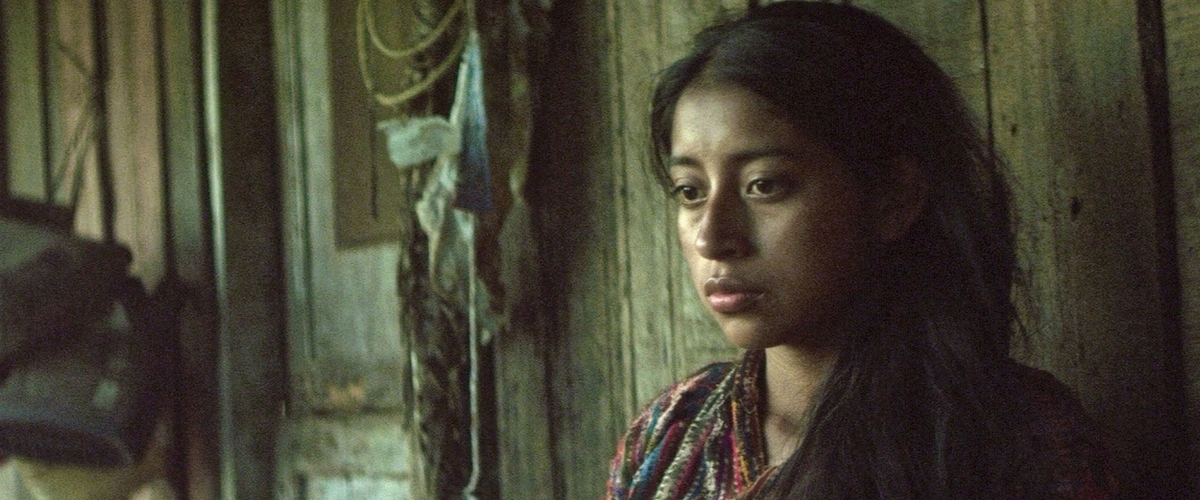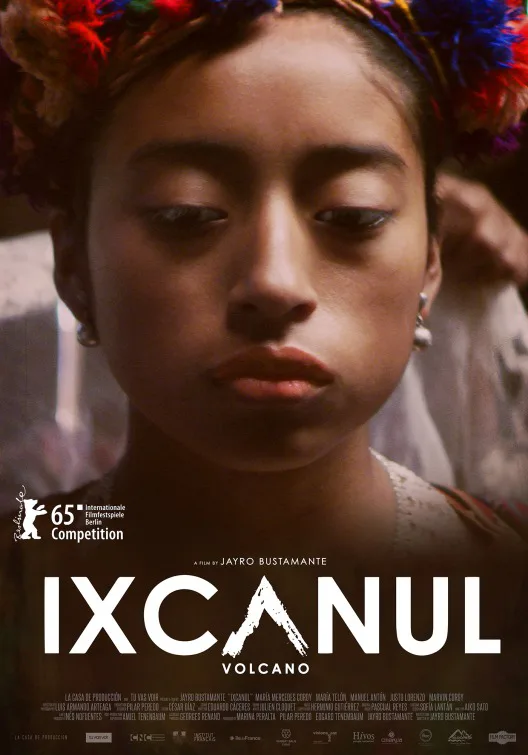Last year I was briefly in Reykjavik, so briefly that my husband and I elected to do the tourist thing and board a bus tour so we could see a bit of the country. As the bus rounded a long slope from which I could see several steaming geysers, our guide said that Iceland was a young country—so young, in fact, that if you thought of the earth’s age as a 24-hour day, Iceland had been formed in the last seconds of the day. You could see that, he said, in all of the geological fixtures that seemed, to my eyes, a bit frightening: fissures between tectonic plates, gorgeous and deadly waterfalls, jagged cliffs, streams of scalding water shooting from the ground. Perhaps it was a baby landscape, newly born, but it also seemed like a place of primal fury that would just as soon kill you as swaddle you.
The tour guide’s metaphor thrummed in my mind as we let ourselves get dampened by the steam emanating from cracks in the earth, as we snapped pictures of plants growing in hardened lava flows, as we soaked in a mineral bath surrounded by volcanoes that “hadn’t erupted in a while”: the geological violence that occurs to generate and regenerate the planet. Life, both sacred and cruel, in a cycle punctuated by apocalypse.
From the modern world, bent to human existence, it’s easy to romanticize that cycle—if you’re not chained to its spokes. But in his stunning debut film, “Ixcanul,” Jayro Bustamante indulges in no romance. A mesmerizing, understated tragedy set far from Iceland—but in a place shadowed by the same geological reality—“Ixcanul” is the first film made in the Kaqchikel Mayan language and was Guatemala’s entry into the Academy Awards last year.
“Ixcanul” is named for the active volcano on which teenaged María (María Mercedes Coroy) lives with her parents (María Telón and Manuel Antún) in a small village. They grow coffee and live on the volcano’s slopes, mostly isolated from the modern world. María has been promised in marriage to Ignacio (Justo Lorenzo), a supervisor, but she wants to run away with Pepe (Marvin Coroy), who is headed for the United States. She is fascinated with stories of America. It’s where she wants to be.
In an effort to secure Pepe’s desire to have her run away with him, María finds him one night as he’s drinking heavily with the other village men and easily convinces him to have sex with her. Pregnancy results. From there, things begin to get complicated for María, forcing her into an almost unbelievably unjust confrontation with the modern world—a plot point that is based on the real-life, ongoing exploitation of indigenous people in Guatemala, according to Bustamante.
“Ixcanul” combines its fable-like plot with striking realism. Shot luminously by Luis Armando Arteaga, each frame holds steady on its subject, inviting the audience to calmly observer the daily routines and customs of its subjects in saturated colors that seem almost to glow. They harvest coffee, cook dinner, bathe, kiss, discuss pregnancy in terms of traditional medicine. Bustamante leaves out exposition, building the story in layers of conversation that slowly fill in the world for us. It’s an effective technique, especially coupled with its largely non-professional cast, and it means that when the film finally reaches its frenzied climax, it erupts, an intrusion into a world too easily idealized by outsiders.
It’s a stunning debut for Bustamante—who spent many of his early years in the highlands of Guatemala—recalling Ciro Guerra’s “Embrace of the Serpent” in its jarring juxtaposition of ancient and modern, though its realism renders its conclusion both less mythical and more universal than Guerra’s film. “Ixcanul” isn’t about the destruction of a way of life; instead, it posits that in all cultures, the strong prey upon the weak. As with a number of films from around the world this year, the feminist message is urgent: for a society to be just, women must be granted the freedom to make decisions about their futures.
Perhaps most remarkably, the titular volcano in “Ixcanul” remains merely a backdrop to the story, which at its end returns to the same close-up of María as she’s being prepared for her marriage by her mother. María’s mother, we understand, has experienced her own tragedies. María’s future children will as well. Perhaps the women’s calm was formed by generations living in the ever-present shadow of an active volcano, a looming suggestion that life is fragile, that it doesn’t regenerate without untameable fury.




















